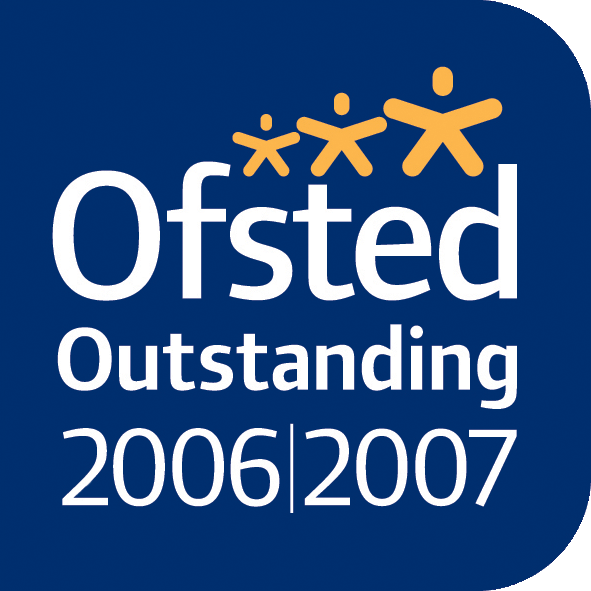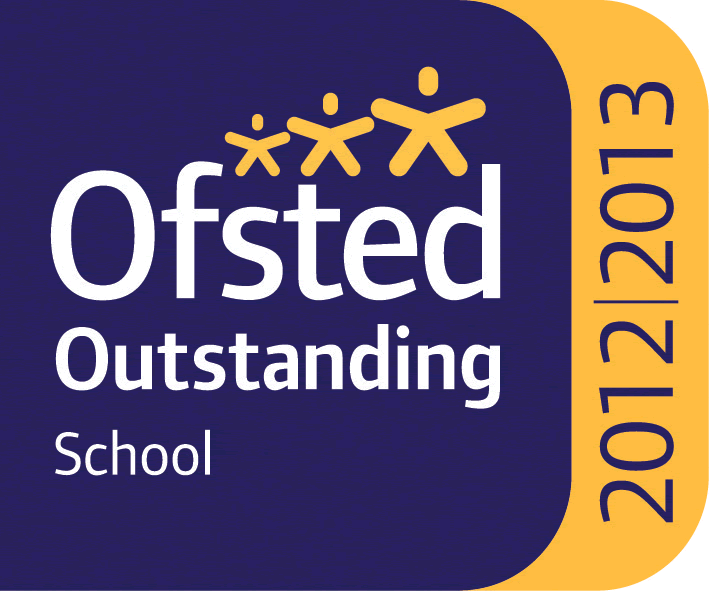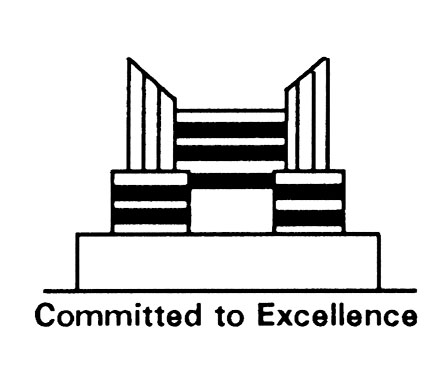Key Stage 3 - Design and Technology
Aims
The key stage 3 curriculum for design and technology aims to ensure that all pupils:
- Develop the creative, technical and practical expertise needed to perform everyday tasks confidently and to participate successfully in an increasingly technological world
- Build and apply a repertoire of knowledge, understanding and skills in order to design and make high-quality prototypes and products for a wide range of users
- Critique, evaluate and test their ideas and products and the work of others
- Understand and apply the principles of nutrition and learn how to cook.
Through a variety of creative and practical activities, pupils will be taught the knowledge, understanding and skills needed to engage in an iterative process of designing and making.
When designing and making, pupils will be taught to:
Design
- Use research and exploration, such as the study of different cultures, to identify and understand user needs
- Identify and solve their own design problems and understand how to reformulate problems given to them
- Develop specifications to inform the design of innovative, functional, appealing products that respond to needs in a variety of situations
- Use a variety of approaches [for example, biomimicry and user-centred design], to generate creative ideas and avoid stereotypical responses
- Develop and communicate design ideas using annotated sketches, detailed plans, 3-D and mathematical modelling, oral and digital presentations and computer-based tools
Make
- Select from and use specialist tools, techniques, processes, equipment and machinery precisely, including computer-aided manufacture
- Select from and use a wider, more complex range of materials, components and ingredients, taking into account their properties
Evaluate
- Analyse the work of past and present professionals and others to develop and broaden their understanding
- Investigate new and emerging technologies
- Test, evaluate and refine their ideas and products against a specification, taking into account the views of intended users and other interested groups
- Understand developments in design and technology, its impact on individuals, society and the environment, and the responsibilities of designers, engineers and technologists
Technical knowledge
- Understand and use the properties of materials and the performance of structural elements to achieve functioning solutions
- Understand how more advanced mechanical systems used in their products enable changes in movement and force
- Understand how more advanced electrical and electronic systems can be powered and used in their products [for example, circuits with heat, light, sound and movement as inputs and outputs]
- Apply computing and use electronics to embed intelligence in products that respond to inputs [for example, sensors], and control outputs [for example, actuators], using programmable components [for example, microcontrollers].
As part of their work with food, pupils will be taught how to cook and apply the principles of nutrition and healthy eating. They will be taught to:
- Understand and apply the principles of nutrition and health
- Cook a repertoire of predominantly savoury dishes so that they are able to feed themselves and others a healthy and varied diet
- Become competent in a range of cooking techniques [for example, selecting and preparing ingredients; using utensils and electrical equipment; applying heat in different ways; using awareness of taste, texture and smell to decide how to season dishes and combine ingredients; adapting and using their own recipes]
- Understand the source, seasonality and characteristics of a broad range of ingredients.




